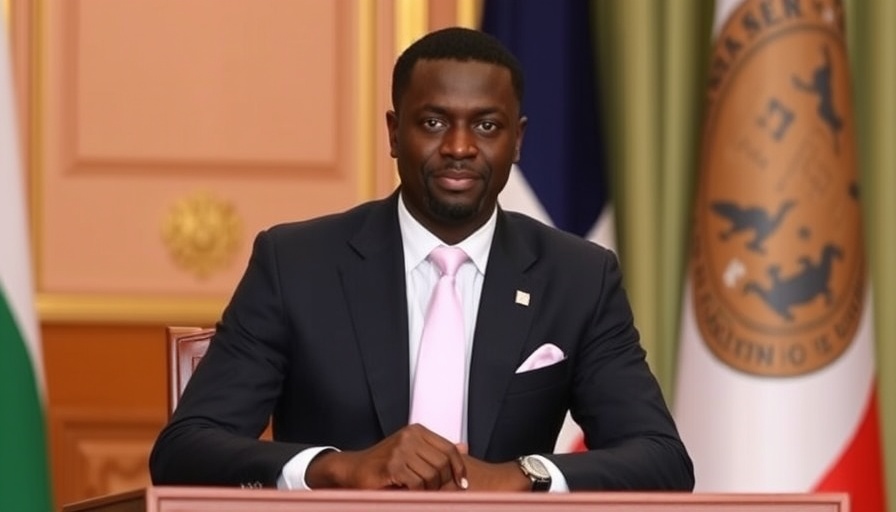
A Legal Setback for Tidjane Thiam: Insights on Ivorian Electoral Politics
In a stunning move that reverberated throughout Cote d'Ivoire's political landscape, a court ruled that Tidjane Thiam—former CEO of Credit Suisse and recent leader of the PDCI (Democratic Party of Cote d'Ivoire)—will be removed from the electoral roll due to his status as a French national at the time of registration. This ruling seriously jeopardizes his aspirations to participate in the upcoming presidential elections slated for October.
The Intersection of Nationality and Political Ambition
The Ivorian Nationality Code, which mandates that candidates must be solely Ivorian citizens without any dual nationality, was cited as the legal basis for the court’s ruling. Despite Thiam's recent renouncement of his French citizenship in February and his hopes of launching his candidacy with the backing of a significant opposition party, this legal impediment has created significant headwinds. His lawyer emphasized that Thiam's registration was invalid because he held French nationality when it was filed.
The Broader Implications for Ivorian Democracy
Thiam’s reaction to the ruling reflects growing fears about the integrity of Cote d'Ivoire's democratic processes. He described the decision as “democratic vandalism,” claiming that this action serves not to uphold justice but rather to eliminate substantial political opposition and consolidate power within the current regime. With this backdrop of political turbulence, his calls for dialogue among political factions highlight the need for reform and a united front amid uncertain electoral prospects.
A Broader Context: Governance and Democratic Resilience in Africa
This ruling is not just about an individual candidate; it underscores significant themes affecting African governance today. As countries across the continent prepare for elections amidst accusations of judicial manipulation, the concern for independence in legal systems has become paramount. Moreover, as Africa continues to solidify its role in global affairs—whether through bilateral trade initiatives or collaborations with organizations like the African Union—the health of its democratic institutions remains critical.
Future Trends in African Politics and Governance
Looking ahead, the unfolding situation around Thiam and the Ivorian elections could serve as a litmus test for numerous African democracies. As more leaders renounce dual nationalities and commit to their political roles, the stability of democratic governance may hinge upon transparency, fairness, and the rule of law. Thorough vigilance will be necessary as citizens and observers alike call for accountability from their governments to ensure credible electoral processes.
Thiam’s quandary, while uniquely personal, paints a broader picture of the challenges faced in African governance today. It invites stakeholders—both local and international—to contemplate the future direction of democracy in Cote d'Ivoire and beyond.
 Add Row
Add Row  Add
Add 


 Add Row
Add Row  Add
Add 

Write A Comment